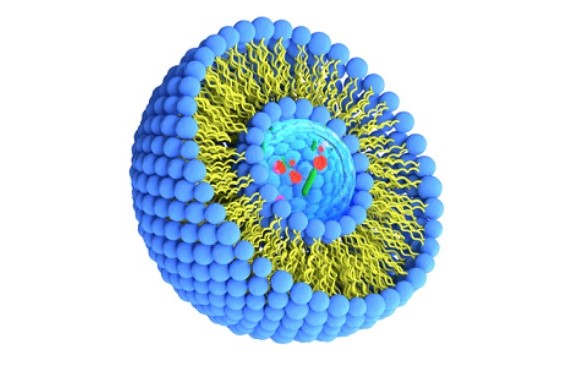
Symptoms of joint pain in knees and elbows can vary considerably. The causes are usually different from each other, though you should consult your doctor to find out exactly what is causing your discomfort. In some cases, a minor injury can be the cause of your discomfort. In other cases, a more serious underlying condition may be the culprit. In these cases, you can try the following treatments to get temporary relief.
NSAIDs – Non-steroidal anti-inflammatory drugs that help reduce the inflammation and swelling in the joint. They are not suitable for everyone, so talk to your doctor about the best treatment options for your particular condition. Capsaicin cream – This is made from pepper plants – may relieve your discomfort temporarily. If your elbow or shoulder joint is infected, your doctor may recommend steroid injections. These are usually limited to three per year.
NSAIDs – These medicines reduce pain and inflammation. They can reduce swelling in the joint and can also be used to reduce the pain. They should be prescribed by a doctor if they do not provide relief. If you can’t tolerate these treatments, you should seek treatment from a doctor for a diagnosis and treatment. However, if the pain persists or you are unsure of the cause, you should visit a doctor right away.
NSAIDs – These medications can reduce the inflammation in the joint. They may include capsaicin cream (derived from pepper plants) or a steroid injection. These medicines are not suitable for everyone. If you can’t tolerate these, your doctor can perform surgery to drain the affected joint. This treatment is only appropriate if there are other symptoms associated with the problem. The procedure can be done without any side effects.
NSAIDs – Non-steroidal anti-inflammatory drugs (NSAIDs) can reduce joint swelling and relieve pain in knees and elbows. They can also be effective in reducing inflammation and swelling. NSAIDs can reduce the symptoms of arthritis in people with rheumatoid arthritis. A doctor can prescribe a regimen of stronger medications for people with rheumatoia and osteoarthritis.
NSAIDs – These medications can reduce joint swelling and pain. They can also help reduce inflammation in the joint. These drugs are available in many forms, including over-the-counter versions. The pain relief from these medications depends on the cause of the problem. In case of an infection, the doctor will prescribe antibiotics or perform surgery to drain the area. NSAIDs can also be useful in alleviating the symptoms of rheumatoid arthritis.
NSAIDs – Non-steroidal anti-inflammatory drugs are a great option for treating joint pain in elbows and knees. These medicines are available on the NHS but are not effective for everyone. NSAIDs are only one treatment for arthritis, so it is recommended to consult a physician if the pain persists for more than a few days. In severe cases, steroid injections can be used to reduce joint swelling and relieve stiffness.
Medicines. Non-steroidal anti-inflammatory drugs, available without a prescription, can reduce joint swelling and relieve pain. NSAIDs and Artrivit can also be used for severe pain. They are not always effective and can harm your health. If you are unsure of the cause of your pain, your doctor will help you with an appropriate diagnosis and treatment. NSAIDs do not cure any disease, but they can help with inflammation and joint stiffness.
There are several other causes of joint pain in the elbows and knees. In addition to arthritis, tendinitis and psoriatic arthritis are common. These conditions are characterized by a high risk of severe inflammatory reactions and can lead to debilitating discomfort. Patients with joint pain should consult with their doctor to find the best treatment for their condition. It is important to note any symptoms that may affect your ability to move or function.
Some of the most common causes of knee and elbow pain include osteoarthritis, gout, and weakened cartilage. While most cases of joint pain are caused by arthritis, there are other possible causes that need to be ruled out before your doctor can recommend an appropriate treatment plan. In such situations, it is important to seek immediate medical attention to prevent further damage. A specialist with experience in treating joint problems can help you make the right decision about treating your symptoms.
